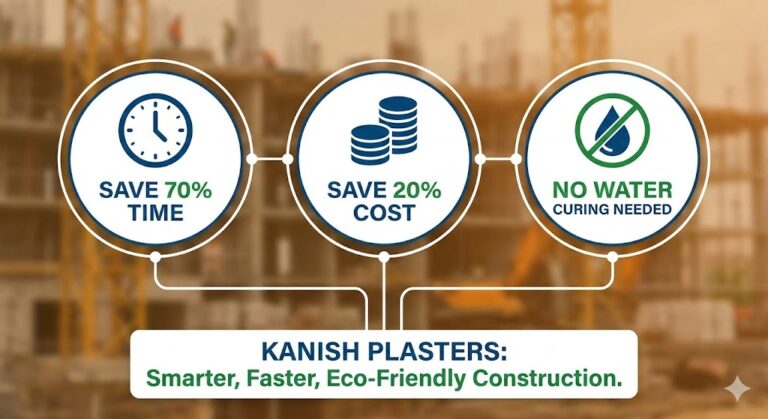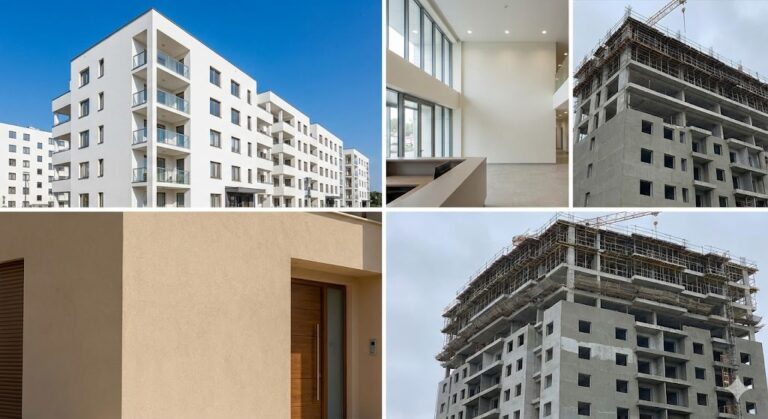Gyproc gypsum plaster is a popular choice for interior wall finishing and is widely used in both residential and commercial construction projects. This versatile material offers several benefits over traditional cement plaster, making it a preferred option for many builders and homeowners. In this article, we will explore the features, advantages, and applications of Gyproc gypsum plaster.
What is Gyproc Gypsum Plaster?
Gyproc gypsum plaster, also known as gypsum plasterboard or drywall, is a lightweight and high-performance material used for wall and ceiling applications. It is made from a combination of gypsum, water, and additives that enhance its strength and workability. The mixture is then poured into molds and dried to form large panels that can be easily installed.
Advantages of Gyproc Gypsum Plaster
Gyproc gypsum plaster offers several advantages over traditional cement plaster:
- Easy Installation: Gyproc gypsum plaster panels are lightweight and easy to handle, making installation quick and hassle-free. They can be easily cut to size and fixed to the walls or ceilings using screws or adhesives.
- Smooth Finish: Gypsum plaster provides a smooth and uniform surface, eliminating the need for additional plastering or sanding. This saves time and labor during the finishing process.
- Fire Resistance: Gyproc gypsum plaster has excellent fire resistance properties, making it a safe choice for interior applications. It can withstand high temperatures and delays the spread of flames, providing valuable time for evacuation in case of a fire.
- Sound Insulation: The unique composition of Gyproc gypsum plaster helps in reducing sound transmission, making it ideal for rooms that require acoustic insulation, such as theaters, recording studios, and conference rooms.
- Moisture Resistance: Gypsum plaster has inherent moisture-resistant properties, making it suitable for areas prone to dampness, such as bathrooms and kitchens. It helps prevent the growth of mold and mildew, ensuring a healthier indoor environment.
Applications of Gyproc Gypsum Plaster
Gyproc gypsum plaster can be used in a variety of applications, including:
- Interior Walls: Gyproc gypsum plaster is commonly used for finishing interior walls in residential and commercial buildings. It provides a smooth and durable surface that can be painted or decorated as desired.
- Ceilings: Gypsum plasterboard is an excellent choice for suspended ceilings due to its lightweight nature and easy installation. It can also be used to create decorative ceiling designs.
- Partition Walls: Gyproc gypsum plaster panels are often used to create partition walls, offering flexibility and cost-effectiveness compared to traditional brick or concrete walls.
- False Ceilings: Gypsum plasterboard is widely used for creating false ceilings, providing a seamless and aesthetic finish. It allows for the installation of lighting fixtures, air conditioning vents, and other utilities.
Conclusion
Gyproc gypsum plaster is a versatile and high-performance material that offers numerous benefits for interior wall finishing. Its easy installation, smooth finish, fire resistance, sound insulation, and moisture resistance make it a popular choice among builders and homeowners. Whether you are looking to renovate your home or undertake a new construction project, consider using Gyproc gypsum plaster for a superior and hassle-free wall finishing solution.



